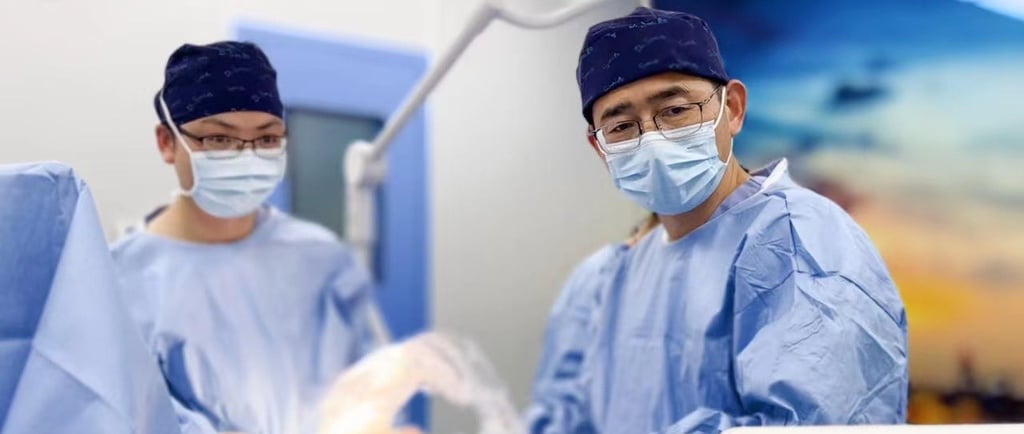Dispelling the Smoke: Unveiling the Scientific Truth about the Impact of Smoking on Varicose Veins
When discussing the impact of smoking on venous disease, one important aspect that cannot be overlooked is the effect of smoking on venous disease surgery. Surgery is often the last resort in the treatment of severe venous diseases such as deep vein thrombosis and severe varicose veins. However, smoking may significantly affect the effectiveness of this treatment and the patient’s recovery process.
Smoking has adverse effects on varicose veins. Smoking causes various negative effects on the vascular system, including the venous system. Here are the impacts of smoking on varicose veins:
1. Vasoconstriction: Chemicals in tobacco can cause vasoconstriction, narrowing the blood vessels. This increases the pressure of blood in the veins, making them more prone to dilation and varicosity.
2. Impaired blood circulation: Smoking damages the endothelial cells lining the blood vessels, affecting the normal flow of blood within them. This can lead to blood pooling in the veins, increasing the risk of varicose veins.
3. Thrombosis formation: Smoking increases the risk of blood clot formation. Clots are solid masses formed by the coagulation of blood, and when they form within veins, they can disrupt blood circulation and raise the risk of developing varicose veins and associated complications.
4. Tissue hypoxia: Nicotine in tobacco causes vasoconstriction and restricts the supply of oxygen and nutrients. This can result in tissue hypoxia in the surrounding areas, damaging the elasticity and function of blood vessels and increasing the development and severity of varicose veins.
5. Increased abdominal pressure: Smoking-induced coughing can have an impact on venous pressure. When a person coughs, there is an instant increase in pressure within the lungs, exerting some pressure on the blood vessels within the chest cavity. Since varicose veins are characterized by restricted blood flow and weakened vein walls, the momentary increase in pressure during coughing can impose additional stress on the affected veins.
Therefore, smoking has a negative impact on the development and progression of varicose veins. Smoking cessation is an essential step in reducing the risk of varicose veins and managing the condition. If you are a varicose vein patient and a smoker, it is strongly advised to discuss a smoking cessation plan with your doctor and seek support and guidance in quitting smoking. By quitting smoking, you can improve vascular health, reduce the risk of varicose veins, and enhance overall well-being.


